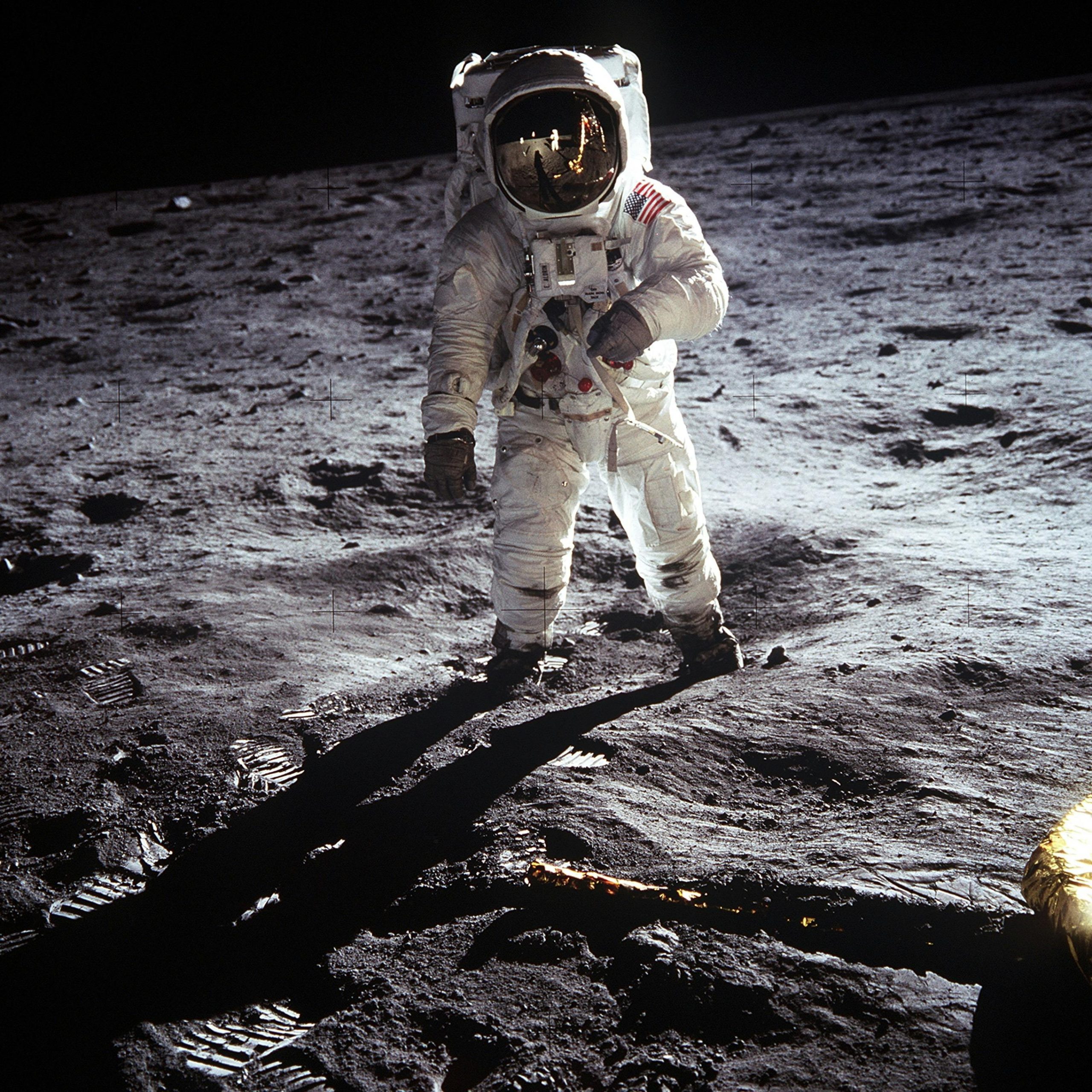Regarding the idea that Russia might have compromising information, or “dirt,” on individuals such as Donald Trump and Elon Musk, it’s important to approach this topic with caution and an understanding of the difference between speculation and verified information.
In political and business contexts, rumors and allegations about sensitive information being used for leverage are not uncommon. For Trump, discussions about potential Russian influence have been part of public discourse, especially during and after the 2016 U.S. presidential election. Allegations ranged from business deals with Russian individuals or entities to more personal concerns, but concrete, publicly verified evidence of compromising information held by Russia remains sparse.
As for Elon Musk, although he’s a significant figure in tech and industry with global influence, there’s no verified evidence publicly available that suggests Russia has compromising information on him. Business figures often operate under intense scrutiny, and any involvement in international business, investment, or strategy could lead to speculative claims of potential leverage.
Overall, while the notion of foreign countries possessing compromising information on influential individuals can capture public imagination, it’s critical to rely on credible sources and verified evidence when considering such claims. Speculation without concrete evidence remains just that—speculation.



